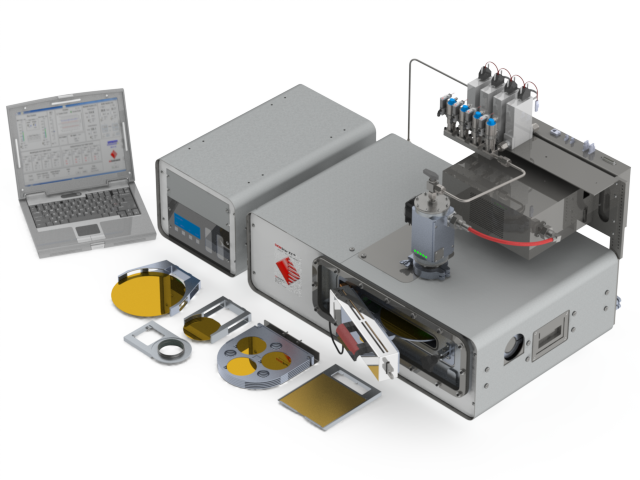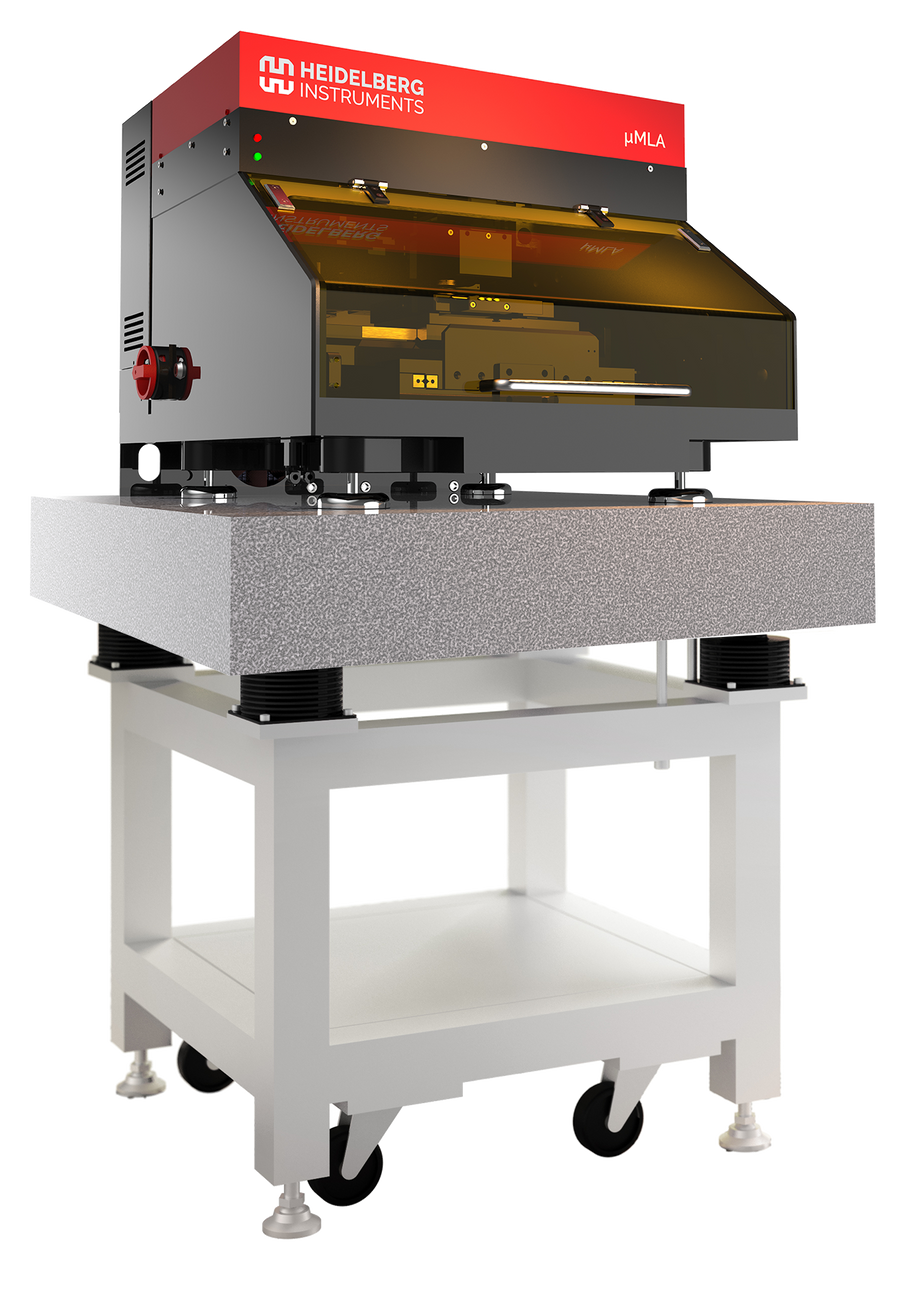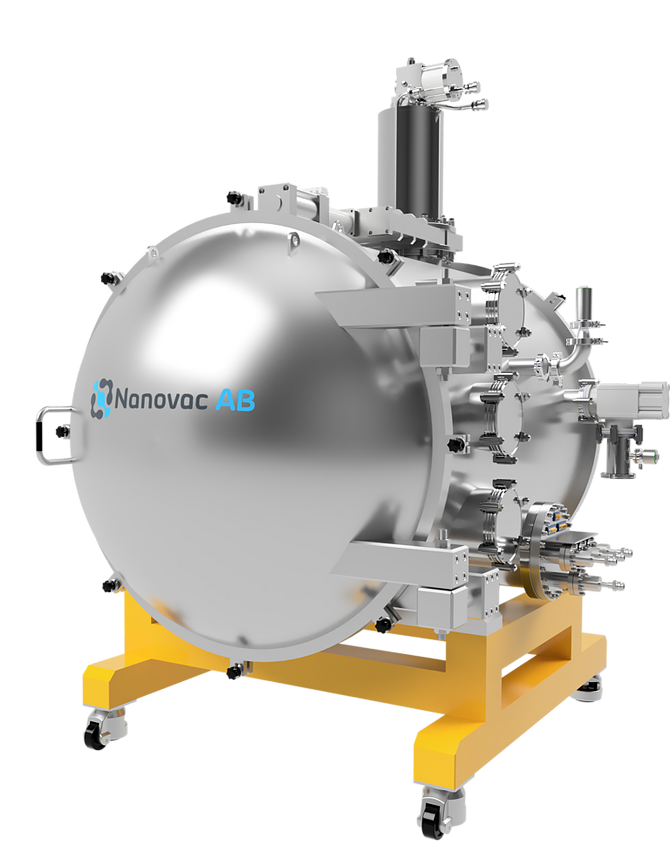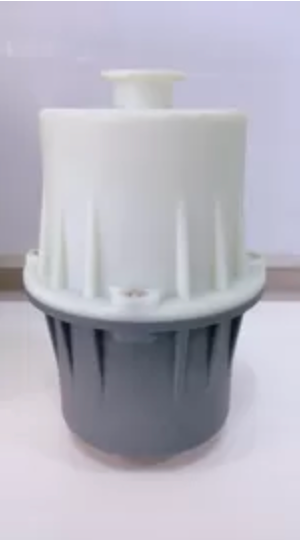UWA accept delivery of their Heidelberg Instruments MLA150 Direct Write Lithography tool




Nano Vacuum delivered and installed another Heidelberg Instruments MLA150 Direct Write Lithography system, this time at Australian National Fabrication Facility -West Australia based at University of Western Australia, in July 2022. Despite the complication in accessing the cleanroom, located on level 4 of the building, Nano Vacuum successfully delivered the system using a crane for the transfer, lifting it up to the balcony through to the lab.
James Carter, Director of Nano Vacuum Australia & NZ commented “We are thrilled that Nano Vacuum continues to support ANFF nodes acquire cutting edge Direct Write Lithography tools, enabling clients to realise their research, development and commercialisation in micro and nanofabrication applications.”
UWA stated “The MLA 150 maskless aligner will be the first such tool in WA to complement the advanced photolithography capabilities within ANFF-WA. It will provide the highly anticipated support for the two ANFF-WA flagship capabilities of (i) IR Technologies, and (ii) MEMS which we share nationally and internationally via the ANFF framework. Procurement was made possible via the ARC LIEF program.”
The team at Nano Vacuum has over 50 years’ experience within the nanofabrication industry, servicing customers through a network of global trusted manufacturers and suppliers. Nano Vacuum provides the best service and advice to our Australian, New Zealand and global customer base, enabling you with the most cutting-edge nanofabrication tools available for tomorrow’s research. The range of deposition, etching, plasma modification, clean/inert environments, packaging and lithography tools offer nanofabrication resources to ensure you stay at the forefront of the highly competitive research space.
ANFF-WA provides a wealth of knowledge in advanced microelectronic, optoelectronic, and photonic materials, devices and systems. The node runs a complete, vertically integrated facility, from materials growth, through device design, fabrication and testing, to packaging and subsystem assembly. The WA node is based at the University of Western Australia, Crawley. It incorporates the Microelectronics Research Group (MRG) in the School of Electrical, Electronic & Computer Engineering, led by Prof Lorenzo Faraone. The MRG provides a wealth of knowledge on advanced microelectronic, optoelectronic, and photonic materials, devices and systems.
Heidelberg Instruments with over 35 years of experience and more than 1,200 installed systems, is one of the leading international players in the development and production of high-precision photolithography systems and nanofabrication tools. Heidelberg Instruments systems are installed in industrial and scientific facilities around the world. They are used for efficient direct writing, as well as for photomask fabrication for a wide range of industries including semiconductors, quantum computing, photonics, 2D materials, IoT, and many related application fields.
Learn more about the MLA150 Here.





